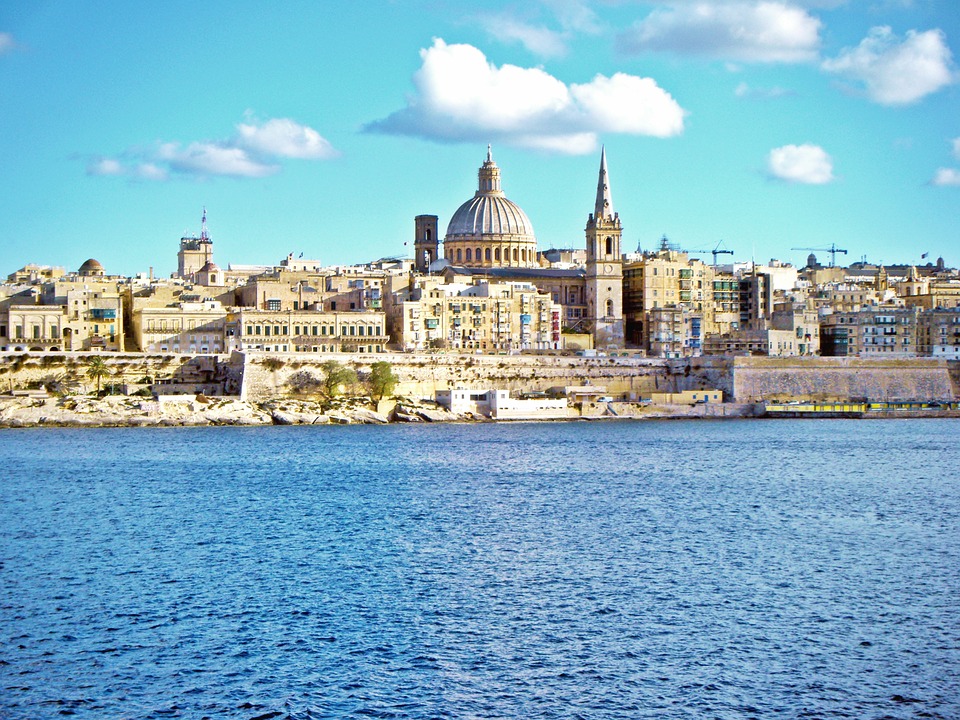 FEMISE is happy to announce that its annual conference will take place this year in Valletta, Malta, on the 7th, 8th and 9th of February 2018.
FEMISE is happy to announce that its annual conference will take place this year in Valletta, Malta, on the 7th, 8th and 9th of February 2018.
Please click here to register.
The FEMISE annual conference provides a platform for the different actors of the EU-Med region of research institutes’ members, academics, policymakers and representatives of the international community including the EU, to engage in a constructive dialogue about the future of the region and the role the EU can play in the context of the new ENP.
This year’s theme will be on:
«Neighbours of Neighbours: Relation and Cooperation of the EU-Med towards Africa»
The concept note is available by clicking here.
The agenda is available here.



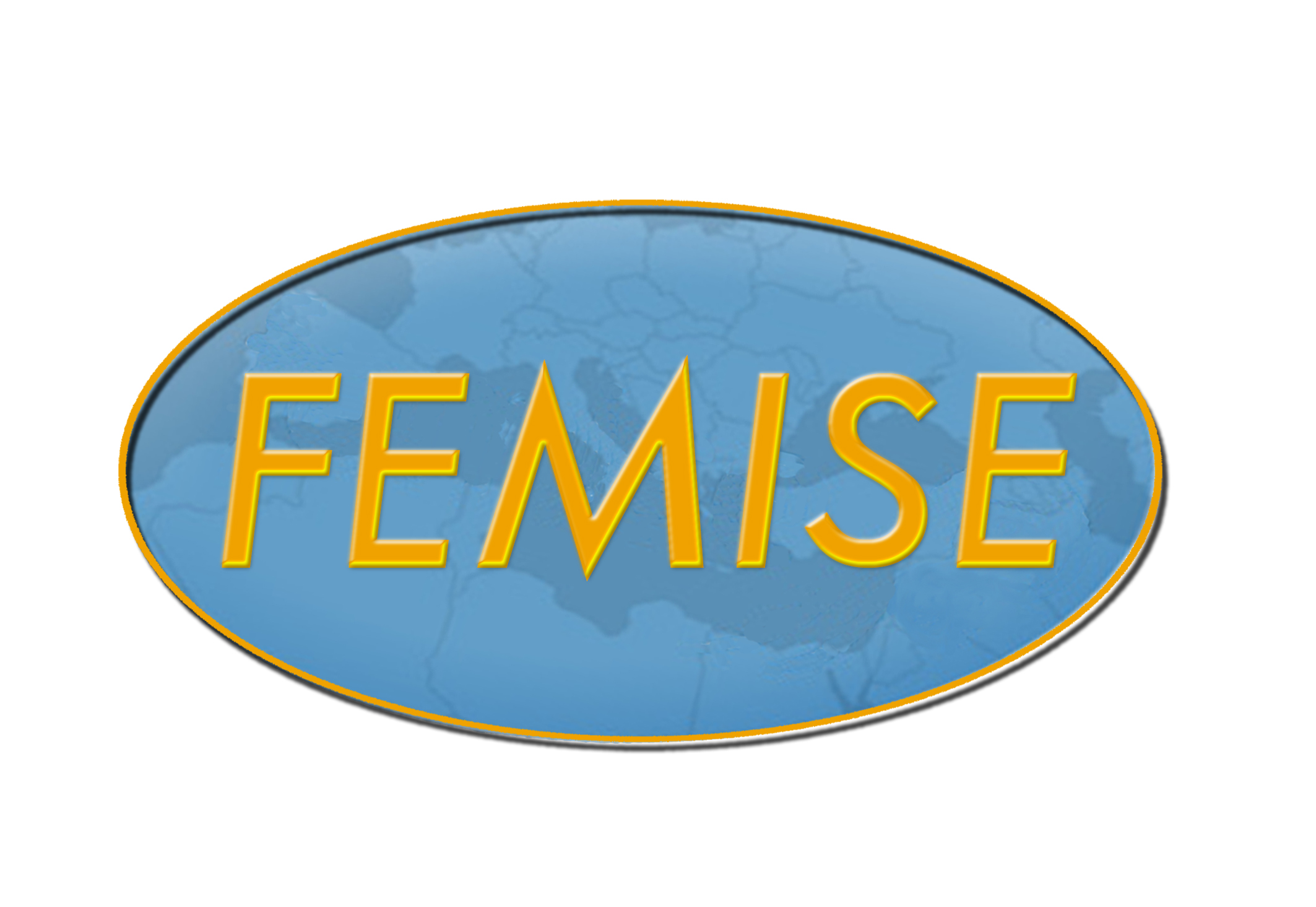

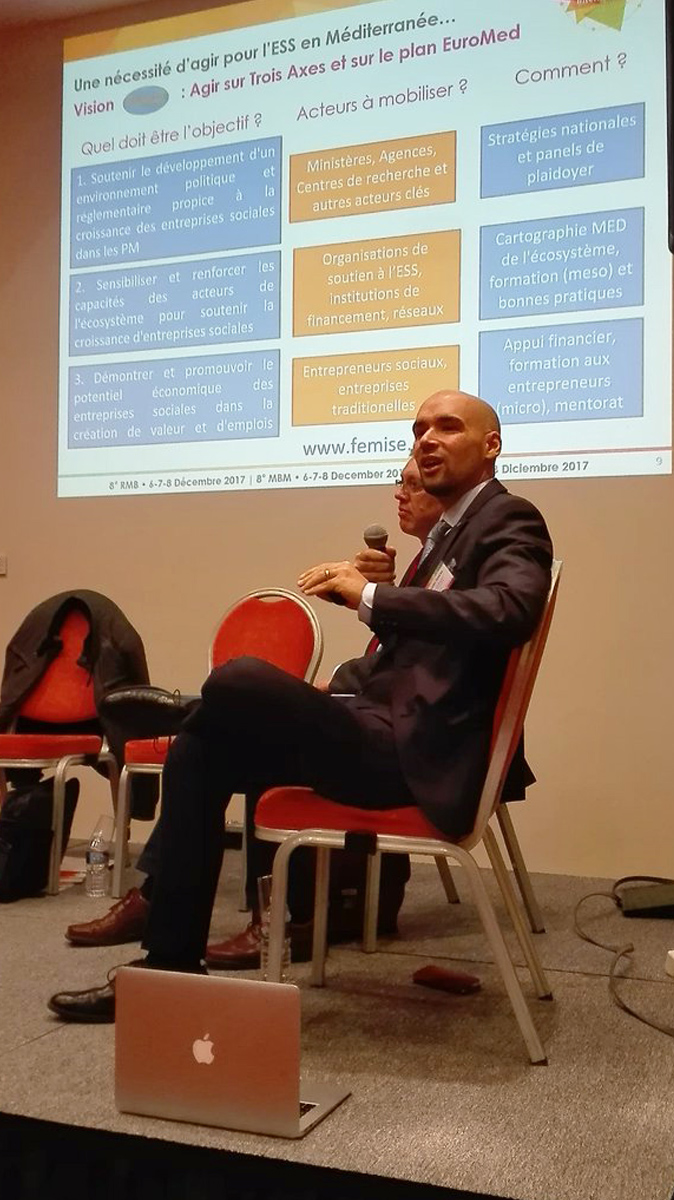
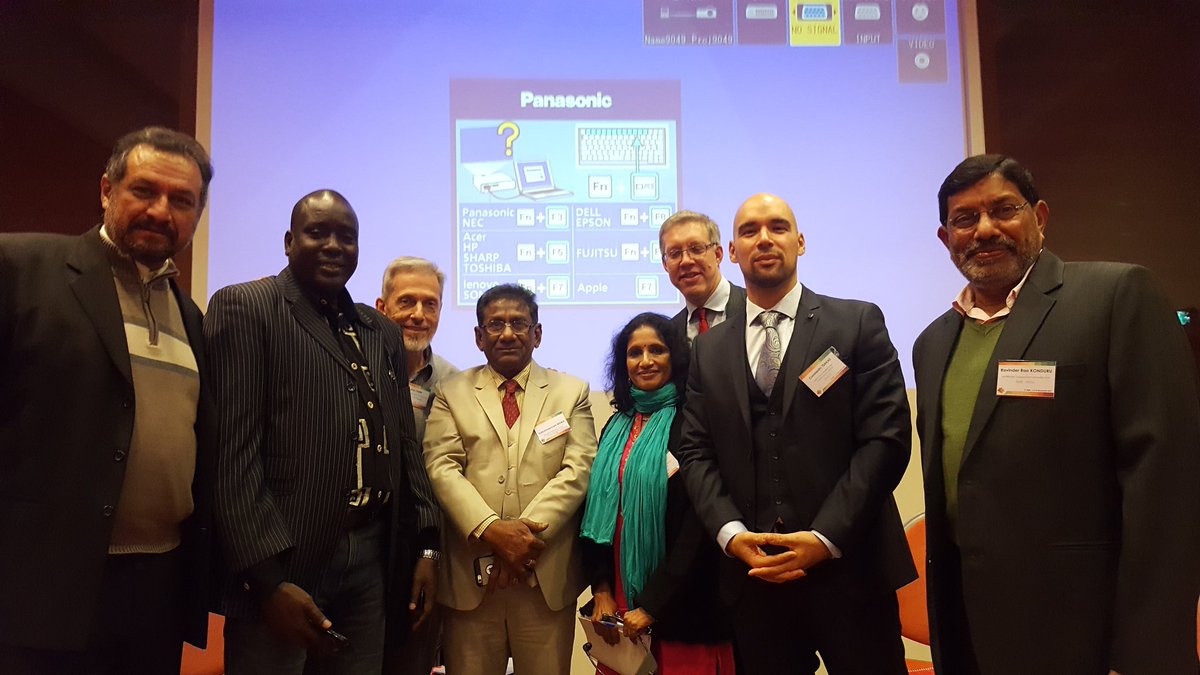
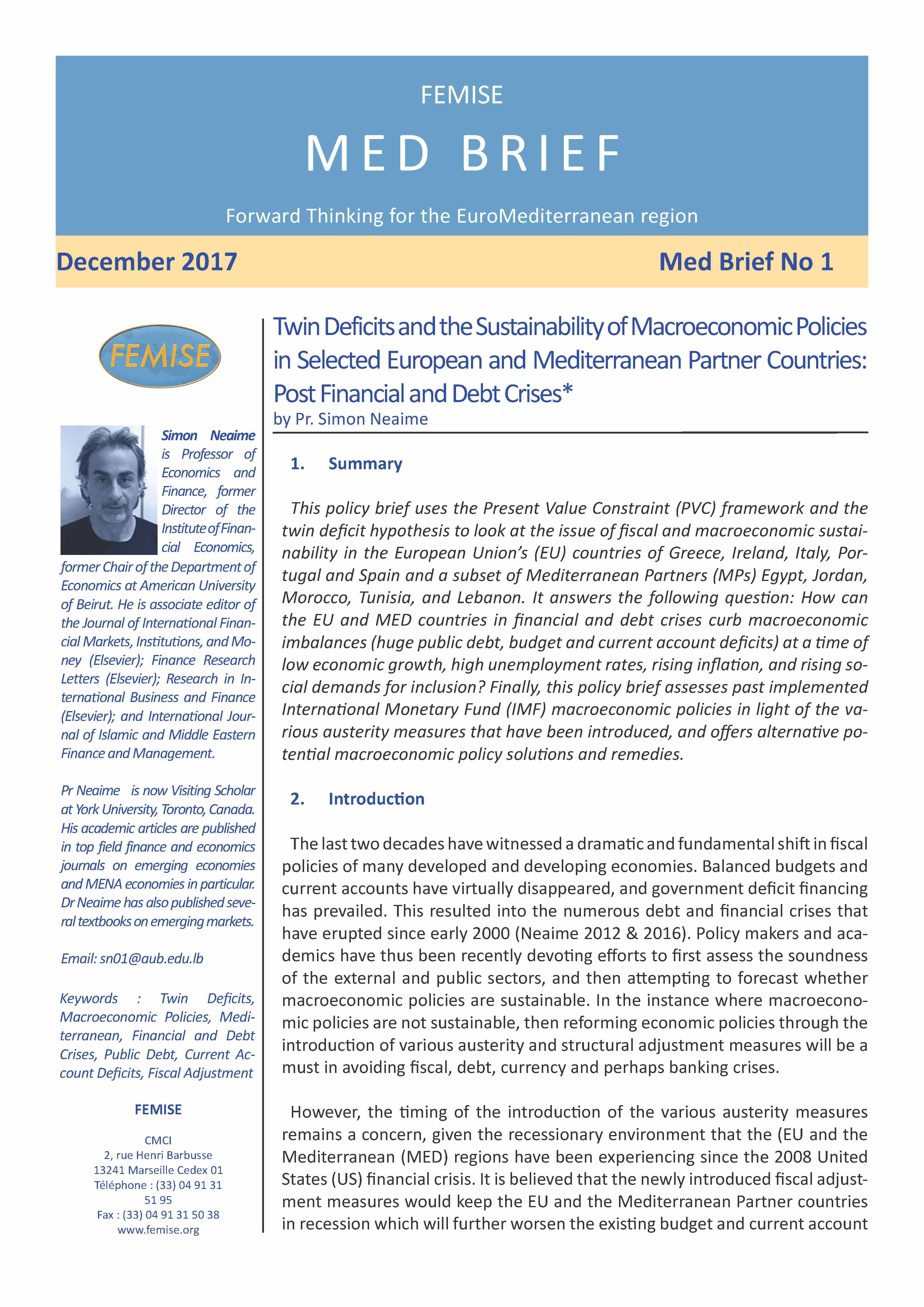

 The policy brief has been produced with the financial assistance of the European Union within the context of the FEMISE program. The contents of this document are the sole responsibility of the authors and can under no circumstances be regarded as reflecting the position of the European Union.
The policy brief has been produced with the financial assistance of the European Union within the context of the FEMISE program. The contents of this document are the sole responsibility of the authors and can under no circumstances be regarded as reflecting the position of the European Union. FEMISE is launching its 2017 Euro-Mediterranean report on the transition of the South Mediterranean economies. The report provides a critical analysis of the responses of selected countries of the region to the economic, social and political challenges in the wake of the uprising and recommendations on how to move forward to ensure a successful transition.
FEMISE is launching its 2017 Euro-Mediterranean report on the transition of the South Mediterranean economies. The report provides a critical analysis of the responses of selected countries of the region to the economic, social and political challenges in the wake of the uprising and recommendations on how to move forward to ensure a successful transition.
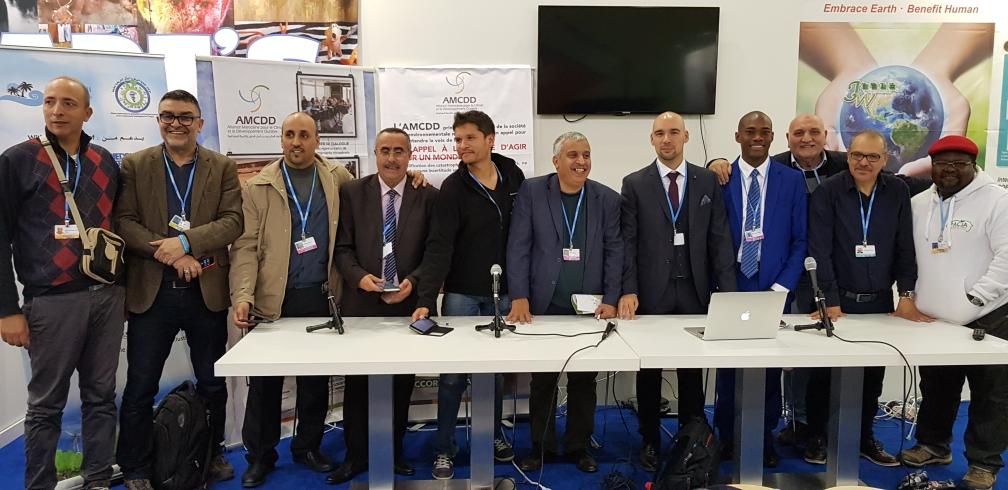
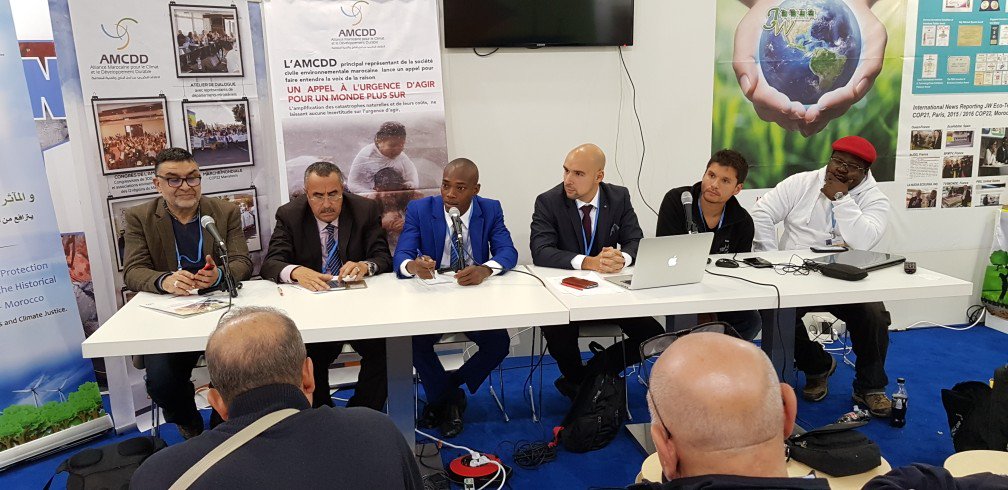
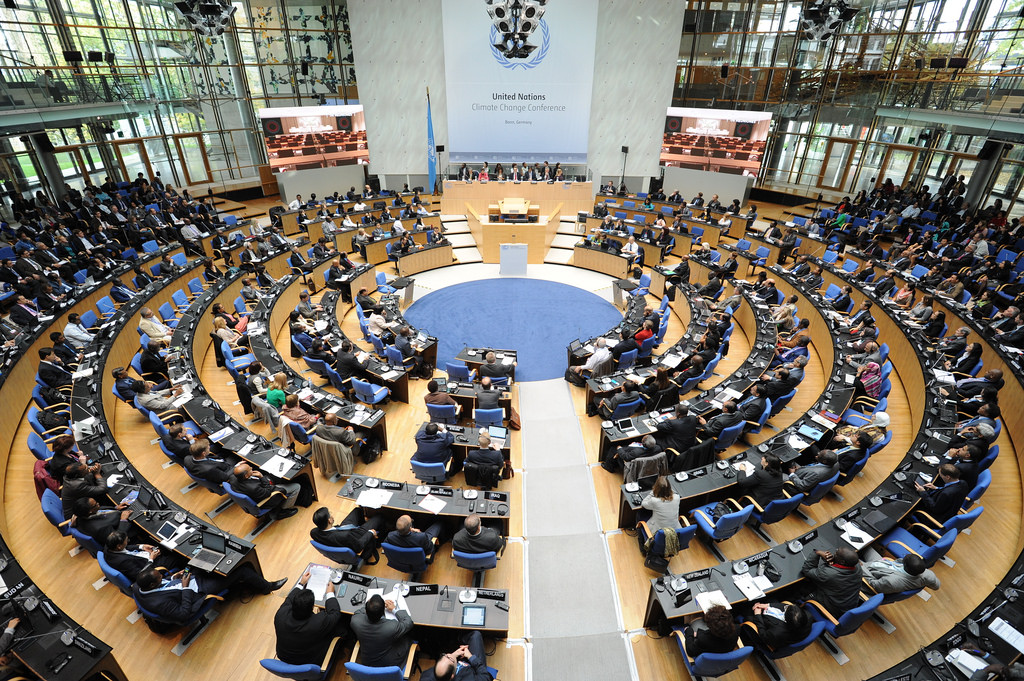
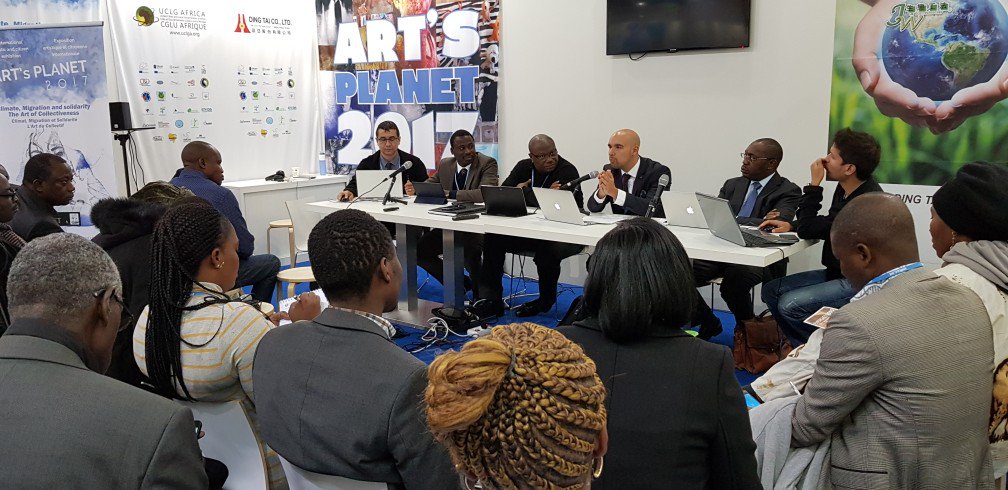
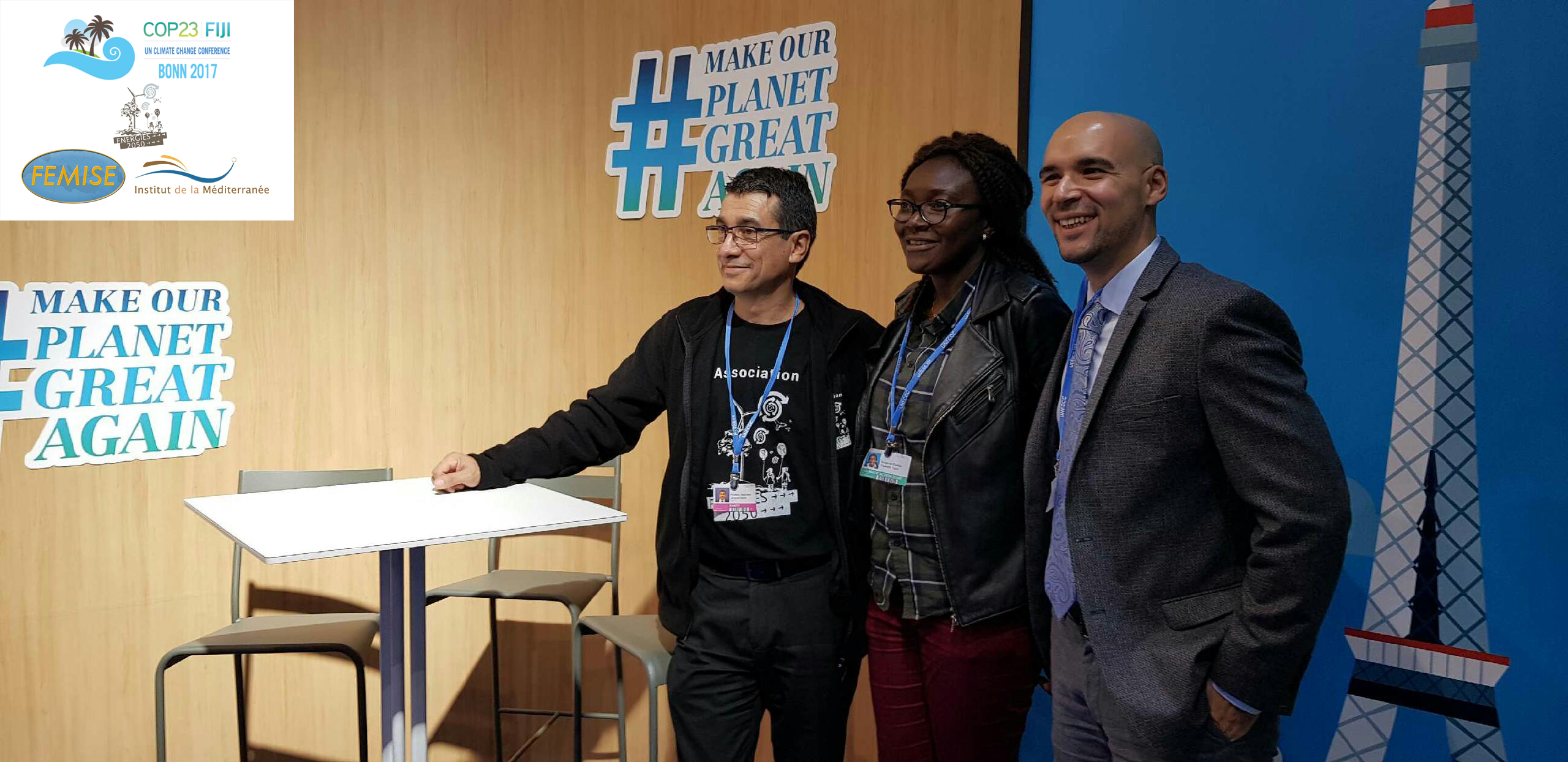

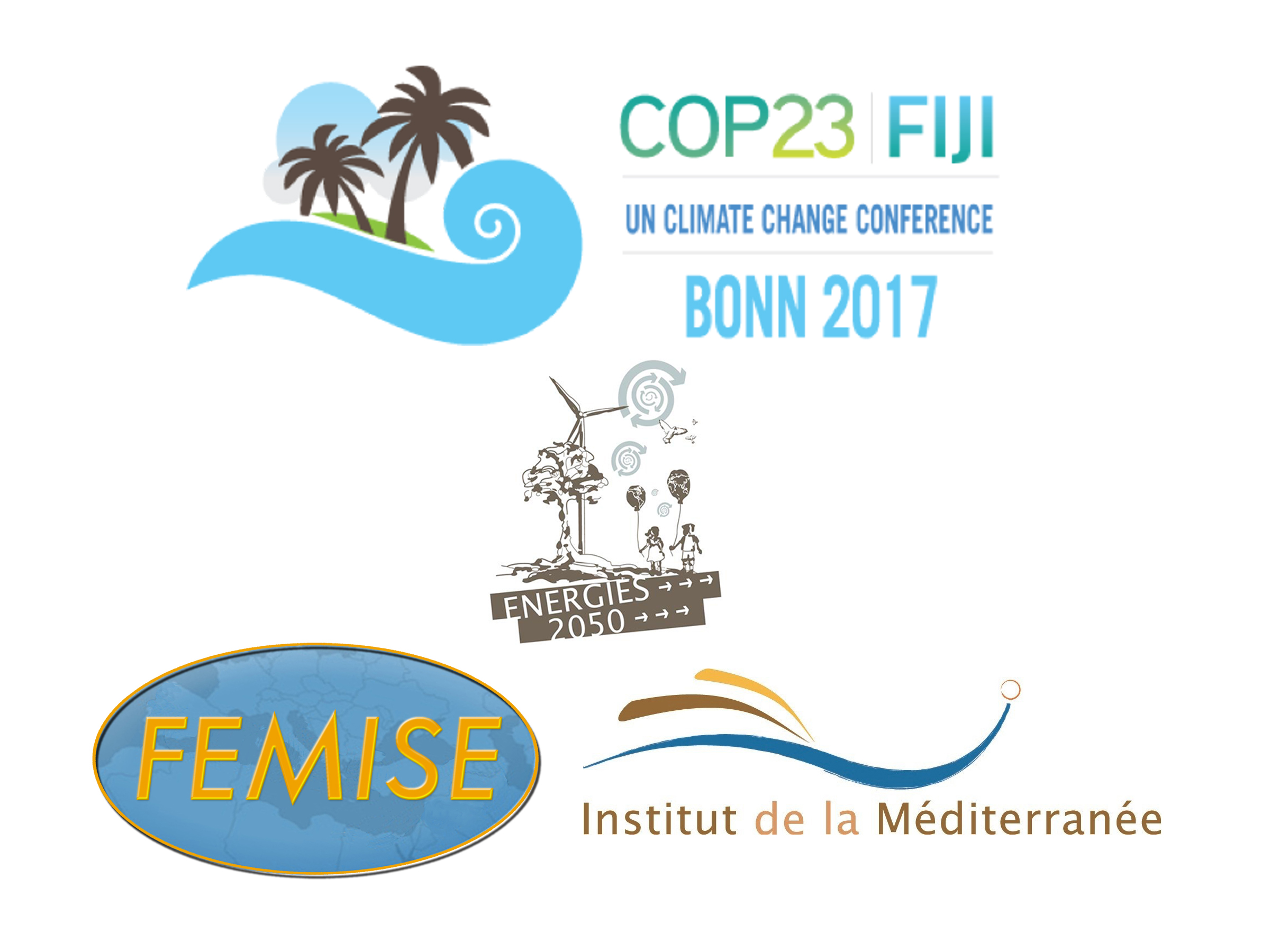 In the Mediterranean, the effects of climate change will always be felt more than elsewhere. Reduction of greenhouse gas emissions and adaptation needs of riparian countries are more than ever necessary.
In the Mediterranean, the effects of climate change will always be felt more than elsewhere. Reduction of greenhouse gas emissions and adaptation needs of riparian countries are more than ever necessary.
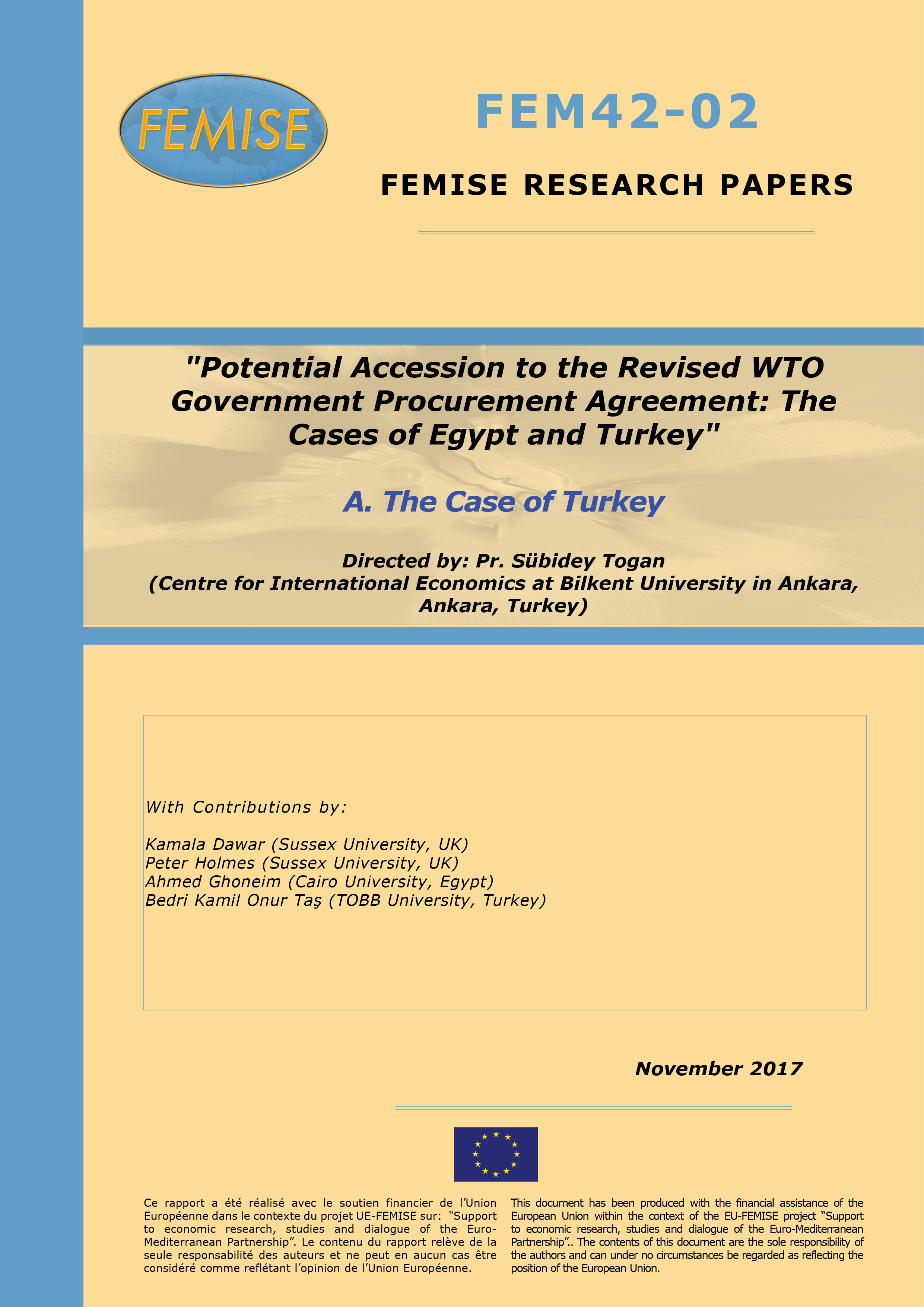 Government procurement concerns how public authorities spend taxpayers’ money on goods, services and infrastructure. In each country public procurement is typically governed at the national level by setting rules that try to balance a number of goals. Of these goals, transparency, non-discrimination, integrity and competition are probably the most important.
Government procurement concerns how public authorities spend taxpayers’ money on goods, services and infrastructure. In each country public procurement is typically governed at the national level by setting rules that try to balance a number of goals. Of these goals, transparency, non-discrimination, integrity and competition are probably the most important.



